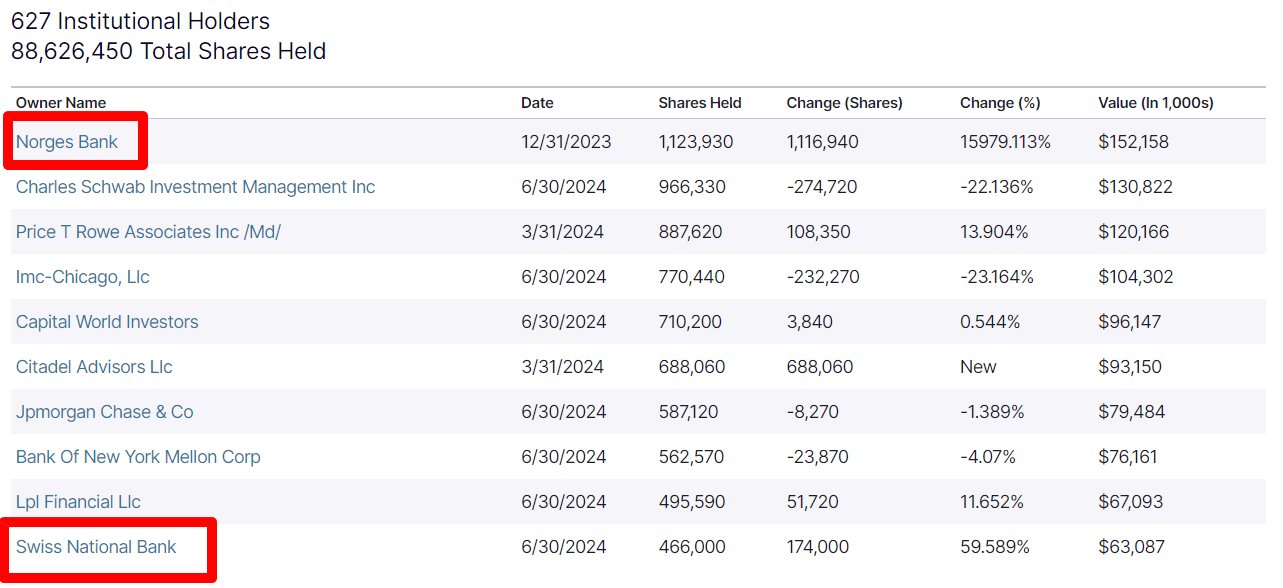- Zurich Cantonal Bank (ZBK) is the latest bank to offer ETH and BTC trading
- Will ZBK’s move prompt rival banks to follow suit and accelerate cryptocurrency adoption?
Zurich Cantonal Bank (ZBK), Switzerland’s fourth-largest bank with $290 billion in assets, is the latest tradeFi (traditional finance) player to offer crypto offerings.
The offer will only cover Bitcoin (BTC) And Ethereum (ETH) trading via its mobile application. According to the latest data from the bank statement, Users can trade 24/7 through the app.
“We enable you to buy and sell Bitcoin and Ethereum and store your security-relevant access data. Place your cryptocurrency orders around the clock via your eBanking or ZKB Mobile Banking app, quickly and easily.”
The bank has reportedly partnered with Deutsche Börse subsidiary Crypto Finance AG for brokerage services and created its own custody solution. This will allow it to secure users’ crypto assets.
Swiss TradFi welcomes BTC and ETH
Since the US approval of Spot BTC and ETH ETFs (exchange-traded funds), the two leading digital assets have been attracting increased interest from traditional finance players.
ZBK’s decision echoes Switzerland’s stance towards BTC and ETH and positions the bank as a top choice for crypto users in the country.
Nonetheless, with one of the industry’s favorable regulations, ZBK’s decision solidifies Switzerland as one of the leading cryptocurrency hubs in Europe.
For example, in August it was revealed that the Swiss National Bank held shares in MicroStrategy, hinting at indirect exposure to BTC. Sunny DecreeA Swiss BTC analyst and investor, the Swiss National Bank also held around 500 BTC in June.
“The Swiss Central Bank has indirect exposure to Bitcoin via MicroStrategy ($MSTR), with around 500 BTC.”


Source: X
Increasingly favorable regulations position and greater exposure to BTC could encourage rival banks to offer cryptocurrency offerings in Switzerland and wider Europe. If so, this could trigger a fear of missing out among institutions and drive widespread adoption.

